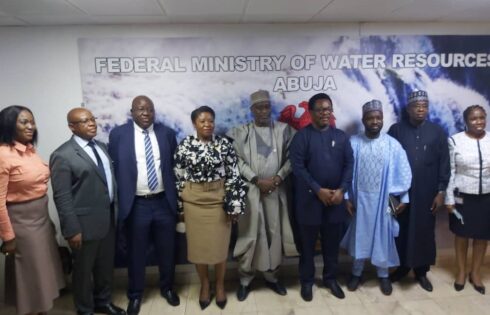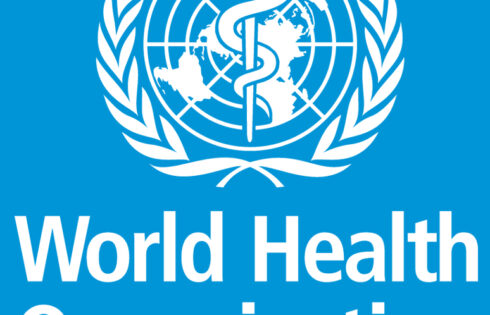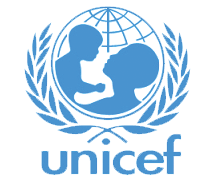Photonews




Sixty years is a milestone worthy of celebration in many respects. It connotes wisdom, fortitude, and grit in the face of life’s seemingly impossible odds. There is even more reason to clink glasses when the sexagenarian in the spotlight is Mr. Joseph Olaoye Jaiyeola, an advocate for economic reforms slowly but surely making Nigeria a favourable business environment for all.
Mr. ‘Laoye Jaiyeola is business-savvy and has over 30 years of experience in the financial services industry to his credit. He holds a bachelor’s degree in Economics from Obafemi Awolowo University, Ile-Ife (1985), a master’s in Banking and Finance from the University of Lagos (1995) and an MBA from Bangor University, Wales (2013).
Despite his enviable track record, Mr. Jaiyeola is hands-on. He rolls up his sleeves to get the job done when the situation calls for it. Little wonder he was appointed the Chief Executive Officer of the Nigerian Economic Summit Group (NESG) in 2015, following his longstanding membership of the Board. Undaunted, he took up the challenge.
Six years at the helm, ‘Laoye has returned the NESG to mainstream national discourse focused on economic growth and people-oriented governance. He has helped differentiate the Group’s value proposition from its peers’ as Nigeria’s foremost private-sector policy think tank. Rather than a mere theoretical approach to an inclusive economy, the Group is increasingly leaning towards more practical interventions. One of them is the Start-Up Pitch Competition, launched in 2017 to provide funding for Nigerian SMEs and help them scale up in Nigeria’s ultracompetitive business environment.
Mr. Jaiyeola obviously has his work cut out for him, but keeps his eyes on the ball. He is a Senior Executive Fellow, Harvard Kennedy School of Government. Under his stewardship, NESG has hit record milestones in line with its mandate to build a globally competitive economy leveraging stakeholder engagements. In 2016, he spearheaded the launch of the National Assembly Business Environment Roundtable (NASSBER) to help review business, investment and job creating laws in Nigeria.
Today, NASSBER boasts an expert network comprising professionals from academia, business, government and civil society who bring their expertise to bear in shaping legislative advocacy.
Earlier this year, the NESG’s interface with the Nigerian Governors’ Forum, tagged ‘the NESG-NGF Economic Roundtable’, was inaugurated to strengthen institutional relationships between all tiers of government. At the launch of the Forum, Ekiti State Governor Fayemi emphasized the intervention was timely and would help strengthen institutional relationships among all tiers of government.
Notably, Jaiyeola’s intent with these interventions is not window-dressing. Each sets the stage for an economy built on free markets, good governance and an enabling environment. One of the fallouts is the Companies and Allied Matters Act 2020 (CAMA), which has eliminated the hurdles associated with the registration of SMEs and is gradually making the Nigerian business environment competitive, as obtains elsewhere across the world.
Beyond legislation is building NESG as a brand. Good enough, Mr. Jaiyeola is also passionate about social inclusion. Thanks to his efforts, NESG has a more contemporary look and feel, and is increasingly capturing the interest of the younger demography. In 2019, the Group unveiled its new corporate identity, representing its evolution from an ad-hoc platform to one driven to make changes and positively impact economic discourse in Nigeria and beyond.
This dynamism could not have come at a better time. It obviously helped Mr. Jaiyeola scale the coronavirus pandemic to convene the first-ever hybrid Nigerian Economic Summit (NES). The 26th summit, tagged ‘Building Partnerships for Resilience’, comprised of in-person/virtual breakout and plenary sessions, and highlighted building strategic partnerships in the wake of the economic downturn and EndSARS protests that defined the last a quarter of 2020.
Fatherly and amiable, Mr. Jaiyeola nonetheless has a keen understanding of the Nigerian business environment honed by his professional experience, board memberships and training. Before his portfolio as the NESG CEO, he worked with the Central Bank of Nigeria (1979-1993), and rose through the ranks from Dealer to Managing Director at Kakawa Discount House (now FBN Quest Merchant Bank Limited, 1995-2015). He is the Chairman, Board of Fellows, Chartered Institute of Bankers of Nigeria (CIBN), and also on the Boards of FMDQ OTC and Financial Dealers Market Association of Nigeria, among others; Chartered Member, Chartered Institute of Bankers, Scotland (2020) and an alumnus of Lagos Business School’s Advanced Management Programme (2001).
At 60, Mr. Jaiyeola has a plethora of accomplishments driven by his quest for continuous learning and great interpersonal relationships.
He is an avid reader, enjoys public speaking, mentoring people and teams, listening to classical music, and watching football. It does not look like these attributes will change any time soon as he looks forward to ever impactful interventions that will change the face of business in Nigeria. Indeed, hearty cheers are in order for ‘Laoye Jaiyeola, an indefatigable business icon who has joined the ranks of Nigeria’s sexagenarian giants.





